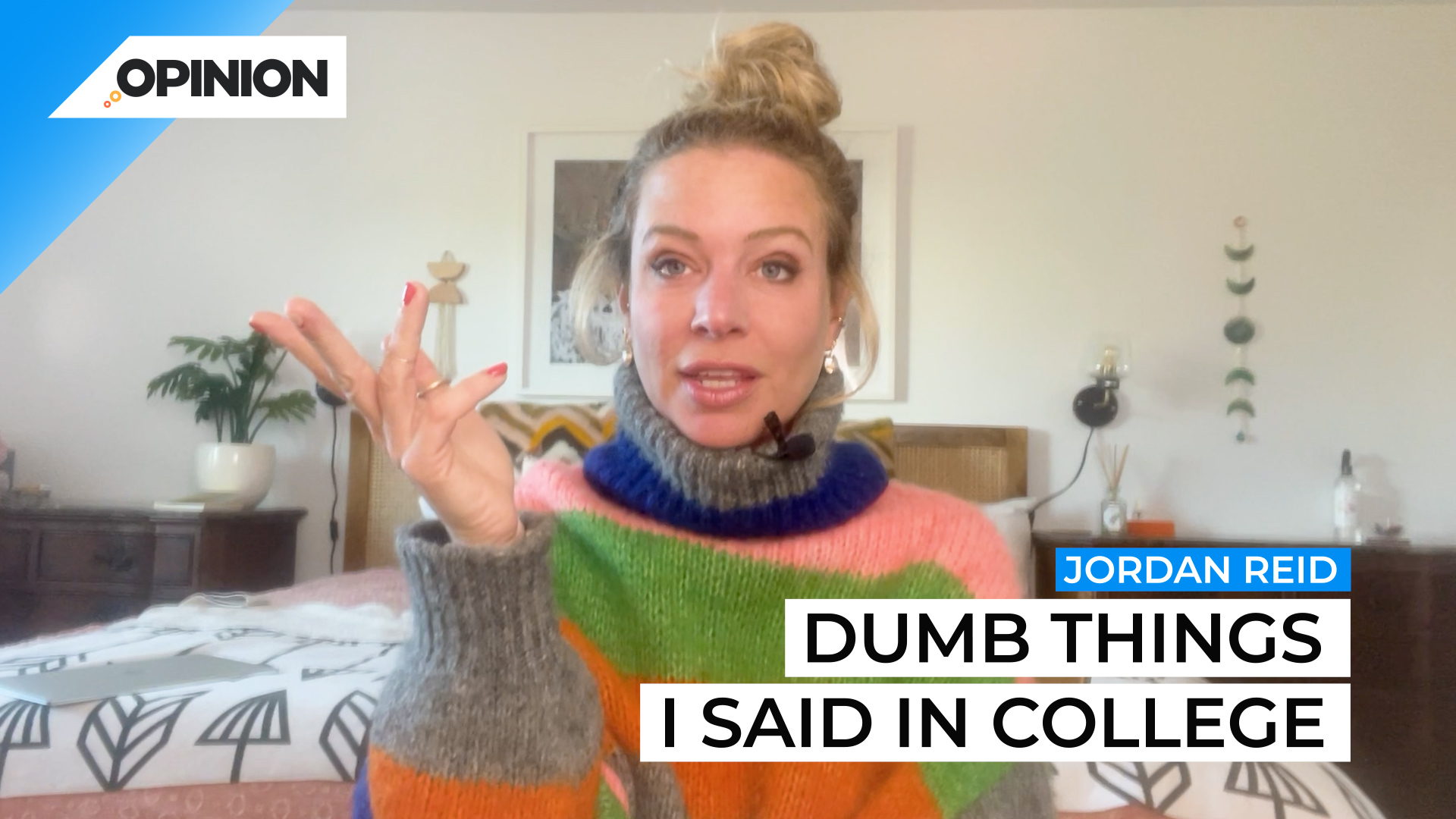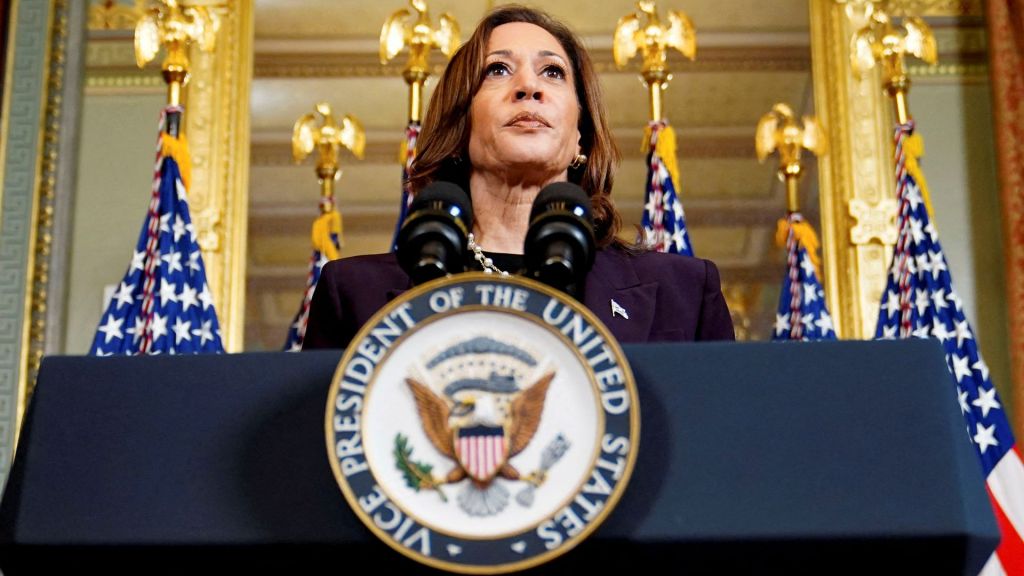
Commentary
-
Our commentary partners will help you reach your own conclusions on complex topics.
I’ve been trying to come up with a list of the dumb things I’ve said in college to tell you here…and I can’t. It’s too long. Dumb is even putting it lightly.
I entered college as a privileged, nominally liberal white girl from a major metropolitan area whose experience with politics extended to the belief that I should say I was Canadian when I visited Europe in the months following our entry into the war in Afghanistan.
I thought I had opinions, but a significant number of them were…shall we say…uninformed.
I truly shudder to think what I would have said about systemic racism had I been asked to opine on the topic in my African American history class – which was, incredibly, taught by Cornel West himself.
I’m not saying I would have argued against the existence of systemic racism, but I didn’t know much about it. Chances are I would have said something hovering between ignorant and offensive, simply because I was eighteen, and had no idea what I was talking about.
Which is…okay.
I mean, isn’t that what college is for? To give voice to your opinions, to hear differing opinions voiced by others, and to allow your perspective on the world to grow accordingly?
Alas, that’s not the experience that many of today’s college students are getting.
When I speak to friends with college-aged students, one fascinating – and troubling – through line is there. The kids are afraid to talk. They’re afraid that if they put their thoughts the wrong way – use a word that isn’t the currently acceptable word for, say, a minority or an LGBTQ person (and you have to admit that the vernacular is evolving in this realm), they’ll be mocked…or, worse, canceled.
And if they have an opinion that differs from the classroom majority? Yikes.
It’s not a liberal issue or a conservative one – it’s everywhere.
Kids are afraid to challenge their peers in the very spaces that exist to foster those uncomfortable discussions, and the resultant growth.
Evidence supporting their fears is everywhere. Just last year, a University of Rochester professor was suspended after quoting a text containing a racial slur, and MIT canceled a lecture by a speaker who’d openly criticized inclusion initiatives. Since 2019, state legislators have introduced nearly 100 bills aimed at protecting free speech on campuses.
But all is not lost, despite the alarm-ringing by many pundits on both sides of the aisle. Increasingly, independent groups encouraging civil, open dialogue are popping up on campuses nationwide, giving students a relatively safe space to explore the balance between free speech and inclusivity.
Some even make a point of electing group leaders who represent differing political ideologies.
As an example, a dialogue club called WeListen at the University of Michigan meets a few times a semester to discuss issues such as drug legalization and criminal justice reform, and send out both nonpartisan and bipartisan talking points to members in advance. They set out ground rules including “Challenge the idea, not the person.”
The conversations can become uncomfortable, of course…but is that a bad thing?
Our nation has become so divided along partisan lines that it can be hard to have even the most fundamentally constructive conversation with someone from the other side.
We’ve developed knee-jerk reactions to differing opinions that border on the hostile.
So it’s heartening to see that the next generation has accurately pinpointed the problem, and is taking concrete, valuable steps to rectify it. The kids, it seems, might be alright after all.
-
What will Melania do in Donald Trump’s 2nd administration?
For generations, U.S. presidents‘ first ladies have had the opportunity to make significant contributions to American society. Abigail Adams advocated for women’s rights, while Eleanor Roosevelt championed civil rights. Betty Ford and Rosalynn Carter brought attention to substance abuse and mental health awareness. Hillary Clinton worked on health care reform, and Michelle Obama led health… -
Prepare for the public debate on assisted suicide
Assisted suicide is a controversial new subject in political debates around the world. Modern medical technologies enable humans to end their own lives quickly and painlessly, with dignity and on their own schedule, which advocates say is often a better option than spending many years suffering in debilitating pain from terminal, uncurable illnesses. Two-thirds of… -
Comedy is a bastion of Democratic strength
“Saturday Night Live” responded to President-elect Donald Trump’s reelection with satirical support, with actor James Austin Johnson insisting that the cast and crew had supported him for years, that they had all voted for him, and proclaiming: “…[Trump is] going to make an incredible president and eventually king.” Another cast member added: “We can’t wait… -
Trump’s Mar-a-Lago interview is a preview of troubles ahead
In a wide-ranging interview on Dec. 16, U.S. President-elect Donald Trump talked tariffs, vaccines, drones, immigration and more. When pressed on vaccines, the incoming president defended the polio vaccine specifically, but made no promises that any other vaccines would remain available to Americans under his second administration. Watch the above video as Straight Arrow News… -
Biden must issue pardons before Patel takes FBI lead
FBI Director Christopher Wray announced that he will resign at the end of President Biden’s administration, paving the way for President-elect Donald Trump to nominate Kash Patel as his successor, pending confirmation in the Senate. Patel, a Trump loyalist and Jan. 6 supporter, has indicated he would “come after” journalists, politicians, and others who acknlowedged…
Latest Opinions
-
 Getty Images
Getty Images
Ryanair proposes 2-drink limit at airports to tackle unruly passengers
-
 Getty Images
Getty Images
Capitol to fly flags at full staff for inauguration
-
 Getty Images
Getty Images
Oklahoma proposes ban most cities from sheltering homeless
-
 Getty Images
Getty Images
Boar’s Head factories in violation for ‘mold, insects, blood’: USDA
-
 Getty Images
Getty Images
Texas AG sues Allstate, Arity for alleged unlawful data collection
Popular Opinions
-
In addition to the facts, we believe it’s vital to hear perspectives from all sides of the political spectrum.






